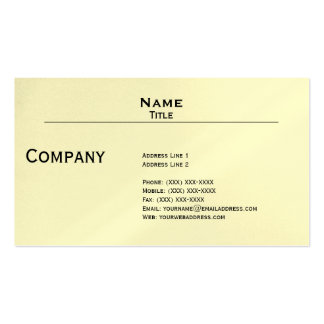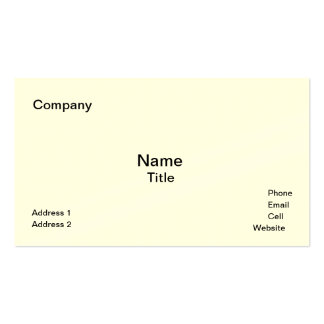Did your business incur expenses before you were technically “open for business”? Did you know that you can write off some of these expenses against your business as soon as you are operational?
Read on for tips and information about deducting startup costs, plus advice about when you may not want to immediately claim these deductibles.
What Are Deductible Startup Costs?
The IRS defines “startup costs” as deductible capital expenses that are used to pay for:
1) The cost of “investigating the creation or acquisition of an active trade or business.” This includes costs incurred for surveying markets, product analysis, labor supply, visiting potential business locations and similar expenditures.
2) The cost of getting a business ready to operate (before you open your doors or start generating income). These include employee training and wages, consultant fees, advertising, and travel costs associated with finding suppliers, distributors, and customers.
These expenses can only be claimed if your research and preparation ends with the formation of a successful business. The IRS has more information on how to claim the expenses if you don’t go into business.
You’ll notice that equipment purchases are not listed here. It’s very likely that you purchased equipment before opening your business; however, these are not considered startup expenses and instead can be written off through depreciation, with different rules for different assets. Learn more from the IRS about depreciation.
Other Startup Deductibles – Organization Costs
If you choose to incorporate or organize as a partnership while you are still setting up your business, you can deduct or amortize certain costs incurred. These include the cost of state incorporation fees and legal fees, organizational meetings, and salaries for temporary directors. Partnership deductibles include legal, accounting and filing fees related to developing the partnership agreement. These costs must have been incurred before the end of your first tax year in business. They must also be chargeable to a capital account and amortized over the life of the corporation/partnership. Read more about requirements and exclusions on IRS.gov.
How Much Can You Deduct?
If you started your business in 2011, had startup costs of $50,000 or less, and incurred startup and/or organizational expenses after October 22, 2004, you can deduct up to $5,000 in business startup costs on your 2011 tax return. If those startup costs exceed $50,000, the $5,000 first-year deduction is reduced dollar-for-dollar by the amount your expenses exceeded $50,000. Furthermore, if your start-up expenses exceed $55,000 or more, you won’t be able to claim the $5,000 deduction for the first year.
For example, if start-up costs are $51,000, the deduction is reduced to $4,000. If start-up costs are $55,000 or more, the $5,000 deduction is completely phased out. Read more at IRS.gov.
What is Considered the Startup Phase?
What constitutes a startup expense as opposed to a traditional business operating expense? Basically, you are in startup mode during the development and planning phase of your business. As soon as you are operational (either open for business or conducting transactions), your costs are considered to be the expenses of an operating business.
How to Claim the Deduction
Tax law used to require you to proactively elect to claim startup expenses when you processed your tax return. However, in August 2011, a new tax law was issued that automatically assumes you will make the election, if you are entitled to do so. If you forget to claim this deduction in a previous year, talk to your accountant about how you can catch up with missed deductions.
Keep Good Records!
Be sure to keep good records from the get-go and back up your expense deduction claims. SBA offers the following guide which includes tax recordkeeping tips.
Talk to Your Accountant before Startup Expense Deduction
You can see from these examples that if your startup costs are going to exceed $50,000, then your deductible is reduced, and completely wiped out if you exceed $55,000 in expenses. So it may not make sense to take the business startup deduction in the year you start your business. It all depends on the individual situation. For example, if you don’t expect to make a profit for many years or you want to reduce your tax liability, you might want to forgo deducting startup expenses when you become operational and capitalize or amortize them. Talk to a tax advisor or accountant about the best options for your business.








No comments:
Post a Comment